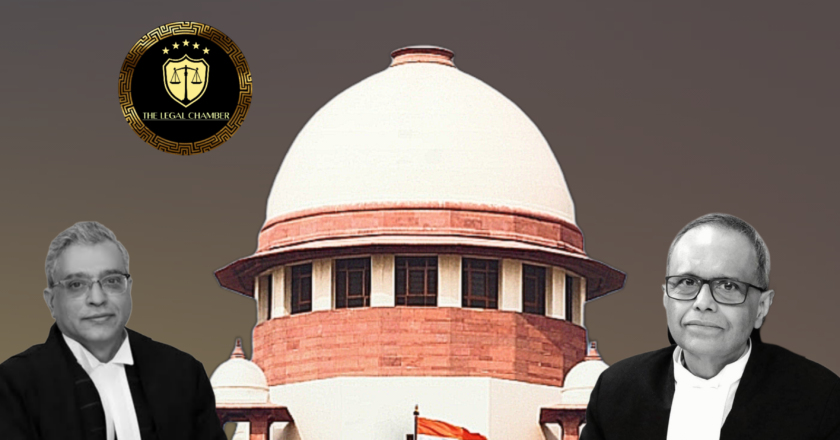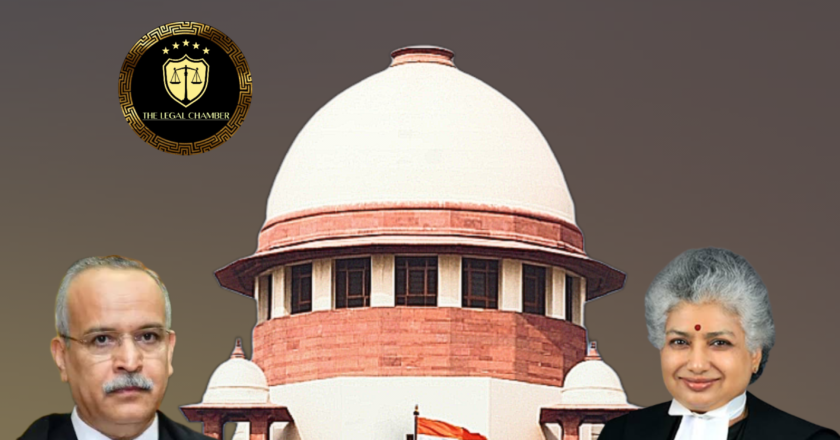Supreme Court Rules : Res Judicata Can’t Be Decided at Plaint Stage
The Supreme Court held that the plea of res judicata cannot be adjudicated under Order VII Rule 11 of the Civil Procedure Code (CPC) as it requires an in-depth examination of pleadings, issues, and decisions from the previous suit, which is beyond the scope of a plaint rejection application. The Court emphasized that only the averments in the plaint must be considered, and defenses or external documents cannot be relied upon. The judgment clarified that issues like fraud, collusion, or jurisdictional defects in a prior decree must be examined during trial, not at the preliminary stage. The appeal was allowed, and the suit was restored for expeditious disposal.
Facts Of The Case:
The appellant, Pandurangan, purchased a disputed property from Hussain Babu in 1998, who had earlier acquired ...

